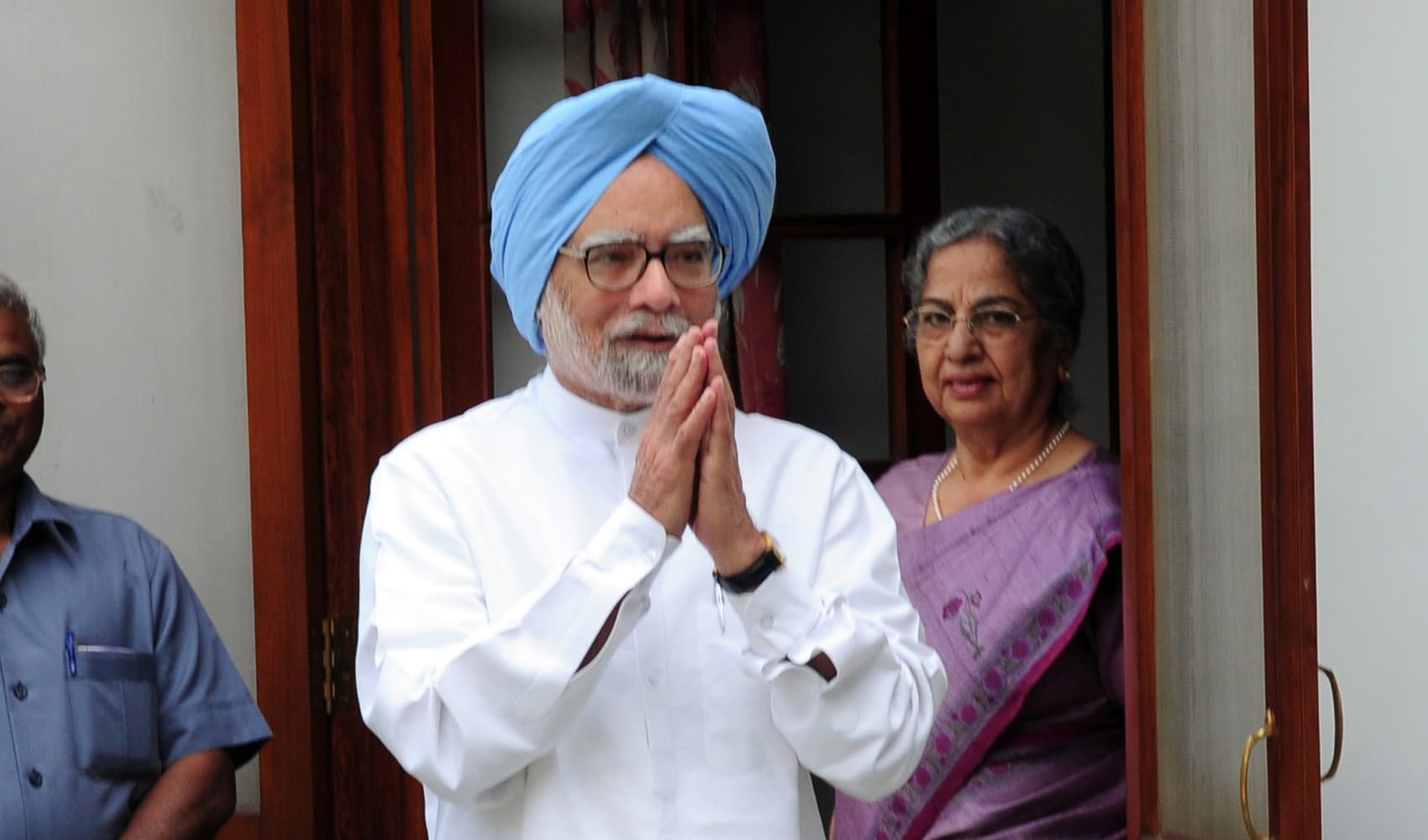
Fiona Currie enrolled in her first college class at age 9 as an experiment.
Her parents, Roderick and Blanca, had watched their eldest daughter breeze through three different public school curricula in California, skipping grades to feel challenged by schoolwork. As she accelerated through traditional education, the couple knew they needed to find an alternative.
Still, it seemed absurd to enroll their 9-year-old in college.
With few other options, they took a chance with an English class at Los Angeles City College. "I honestly thought she would struggle," Roderick tells CNBC Make It. "I thought, even if she gets a failing grade, at least she'll get the benefit of the instruction and that'll be the end of it."
Get Tri-state area news delivered to your inbox.> Sign up for NBC New York's News Headlines newsletter.
Instead, Fiona aced the class, and many more after that. Through a dual-enrollment program, she earned college credits while completing her middle school classes.
Earlier this month, at age 12, she received an associate degree in studio arts with a 4.0 GPA. She stood in a crowd of her classmates on commencement day amid a standing ovation while becoming the school's youngest graduate.
Next up for the history-making 12-year-old: high school.
Money Report
It might appear a backwards move. After completing college-level classes in math, art, anthropology and more, why would a student finish high school with everyone else? Roderick's answer: "It's possible to get too far ahead of your peers."
'It's not about who gets to their career quickest in life'
When Fiona was age 4, Blanca and Roderick noticed her teaching herself Mozart on the piano and making uncannily lifelike drawings. She blew through academic workbooks well above her age level.
They never had her IQ tested, wanting to teach their daughter that she's more than a number.
"We just wanted her to be who she is, to be herself and not associate her with a number or score or anything like that," says Roderick. "Life is not a race ... It's not about who gets to their career quickest in life."
In retrospect, he adds, they may have pushed their daughter "too hard" by having her skip so many grades: They want her to have time to discover who she is beyond her academic achievements.
"When parents recognize that their child has talent, we should praise and reward that, but we should not try to shape it to suit our own desires," says Blanca.
Social and logistical dilemmas for academically talented kids
Roderick and Blanca sometimes try to imagine a world in which they keep their daughter moving at her advanced pace. They always run into dilemmas.
The social aspect is obvious, they say: When you're noticeably the youngest person in your class, it's hard to be accepted by your peers.
There are logistical issues, too. Fiona could pursue a bachelor's degree and enter the workforce — but she can't legally drive, meaning her parents would have to add their daughter's professional commute to their own. Plus, most jobs and internships require applicants to be 18 or older.
"What do you do when you've reached that point where there's nowhere else to go, and you're waiting for the world to catch up, and you're waiting for her to become legal for various things, so that she can become a member of society?" Roderick says.
"I think many parents of gifted children probably don't realize this. They never stop and take a moment to just slow down," he adds.
The joy of slowing down — and the success it brings
Fiona says she's excited to take high school at a slower rhythm.
"Slowing down the pace will be a little more relaxing and give me more time to enjoy my hobbies," she says, referencing activities like drawing, riding horses and building Legos.
She could try to speed through the curriculum, of course. Her parents don't recommend it. "I also remember that she is still a child," says Blanca. "Like any child, she wants to play games and have fun. I want her to fully enjoy her childhood."
That means striking a balance between keeping Fiona engaged and challenged — without overwhelming her to the point that she loses confidence in her abilities, Blanca says.
A more normal high school pace also lets Fiona keep taking college classes on the side: She's currently working on her second associate degree, in general arts, and plans to pursue a third in graphic design next year.
She's also working on earning a certificate that'll allow her to enter a California state college as a third-year student.
"We don't want her to stop being exceptional," says Roderick.
DON'T MISS: Want to be smarter and more successful with your money, work & life? Sign up for our new newsletter!
Get CNBC's free Warren Buffett Guide to Investing, which distills the billionaire's No. 1 best piece of advice for regular investors, do's and don'ts, and three key investing principles into a clear and simple guidebook.






